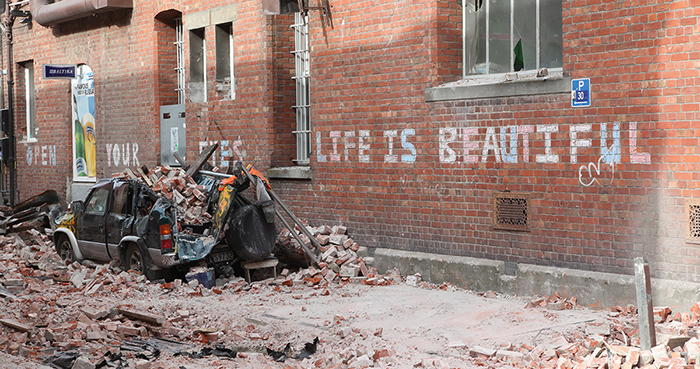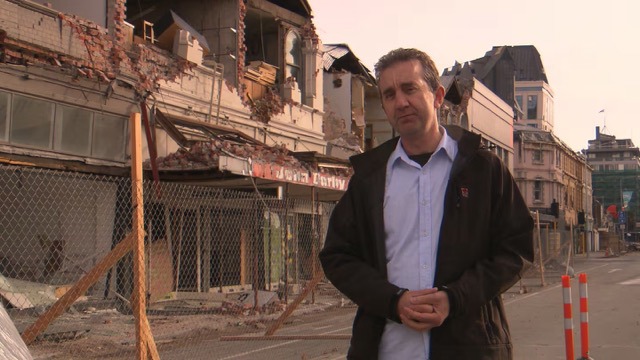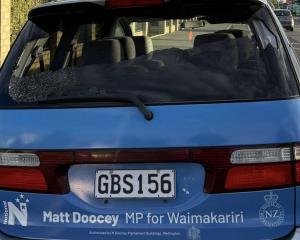
I don’t think this story is well-known. In the early 2000s I had a role in CIB training, including Adult Sexual Assault and Child Protection courses.
Once, when our usual psychologist was not available, I was encouraged to approach this younger chap, Nigel Latta.
Nigel obliged and spoke at a course, quickly becoming the first choice, at least for me. He was engaging, clear in message and funny. Course members loved him as he could relate perfectly to any topic and the tough matters being canvassed.
At that time he wasn’t yet famous, but before long his talents were discovered and his profile grew. He still attended police courses and was always highly rated, but slowly became more difficult to secure. I understood completely.
On February 22, 2011, the Canterbury earthquake struck, resulting in the loss of 185 lives. I went to Christchurch as a small part of the Victim Liaison Team.
We had a significant number of family members to connect with, and a tactic employed was to hold regular meetings at a local school hall. There was always a large turnout, although often there was little to share.
I suggested a talk from a psychologist and knew Nigel well enough to ask. By then he was well known and had a hit TV programme – but I called and he did not hesitate, deferring his next day’s appointments.
I picked him up from the airport and we drove straight to the meeting. We had emailed the families, at late notice, to advise them of Nigel’s attendance. A small number could not attend, so we decided to record the talk.

At the end Nigel made himself available for one-on-ones with families. He handed out his card and I later learned he had kept in contact with many for a number for years.
As I waited, a member of the team said there had been a technical issue and the recording had failed. When Nigel finished, I told him – and without hesitation, he said ‘Let’s do it again. Film me from a distance - I’ll do it without walking around’.
So, wearing a microphone and without notes, Nigel stood on an empty stage in a big hall and did the same talk to an audience of three.
He even covered the topics raised in questions - and all as if saying it for the first time, although it was better.
He delivered in his usual natural manner, with dignity and humour, equally personal and informative. It was incredible to watch. With a couple of short re-takes, he finished in around the same time.

Coffee cups still sat on the tables of streetside cafes and spray paint marked where the specialist search teams had made sad finds. It was extremely distressing.
Mostly we were silent, though Nigel asked about the Police team, providing advice for me to share with colleagues in tough times.
He was a special person.
- Nigel Latta supported the police in a number of ways over the years, sharing his expertise through channels, including wellness podcasts, training modules and videos on subjects including counter-terrorism, radicalisation and symbology.
- Neil Holden retired from the police in 2021 after more than 42 years, mostly with the CIB. He held roles including national coordinator of adult sexual assault and child abuse, and contributed greatly to the development of CIB training.













